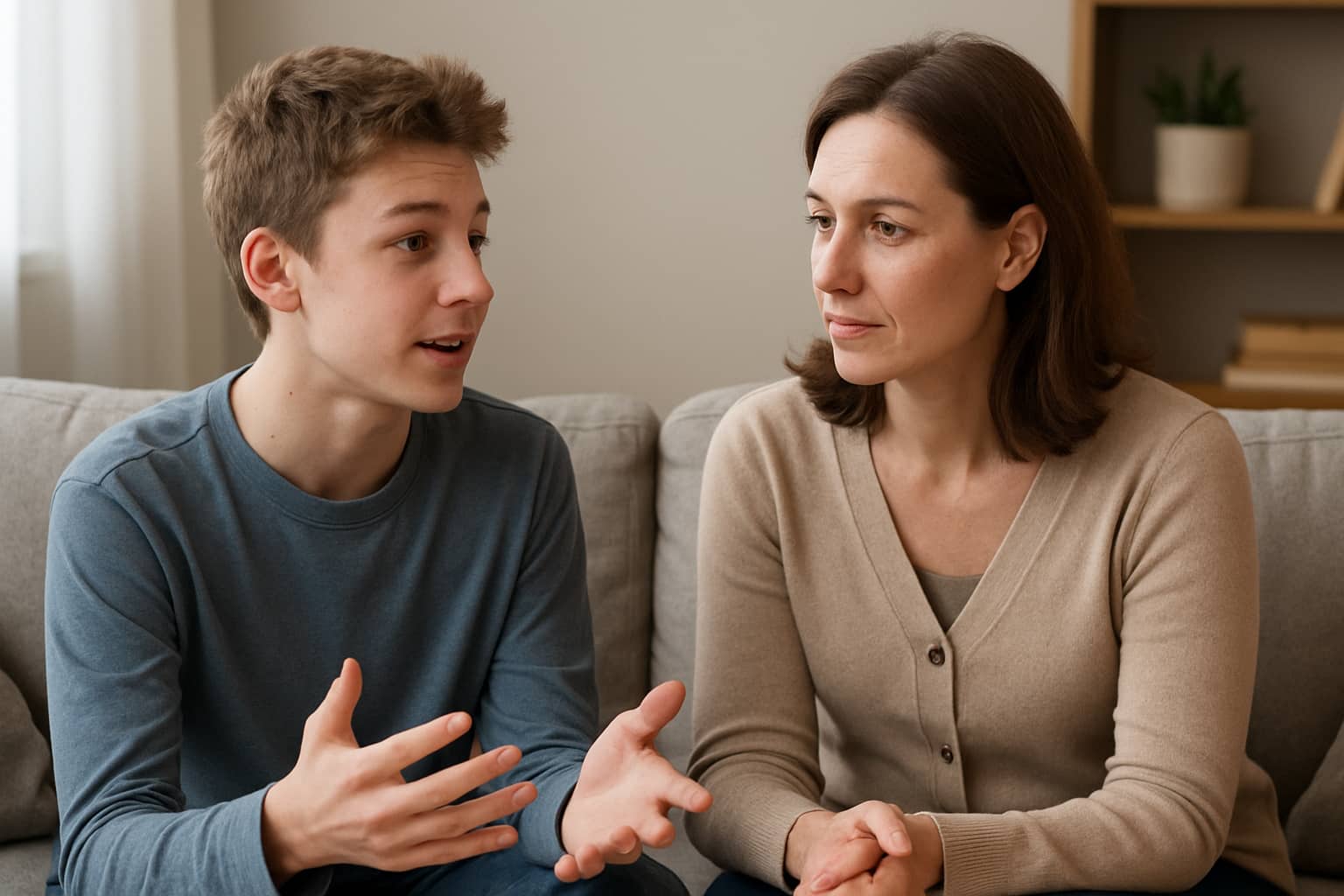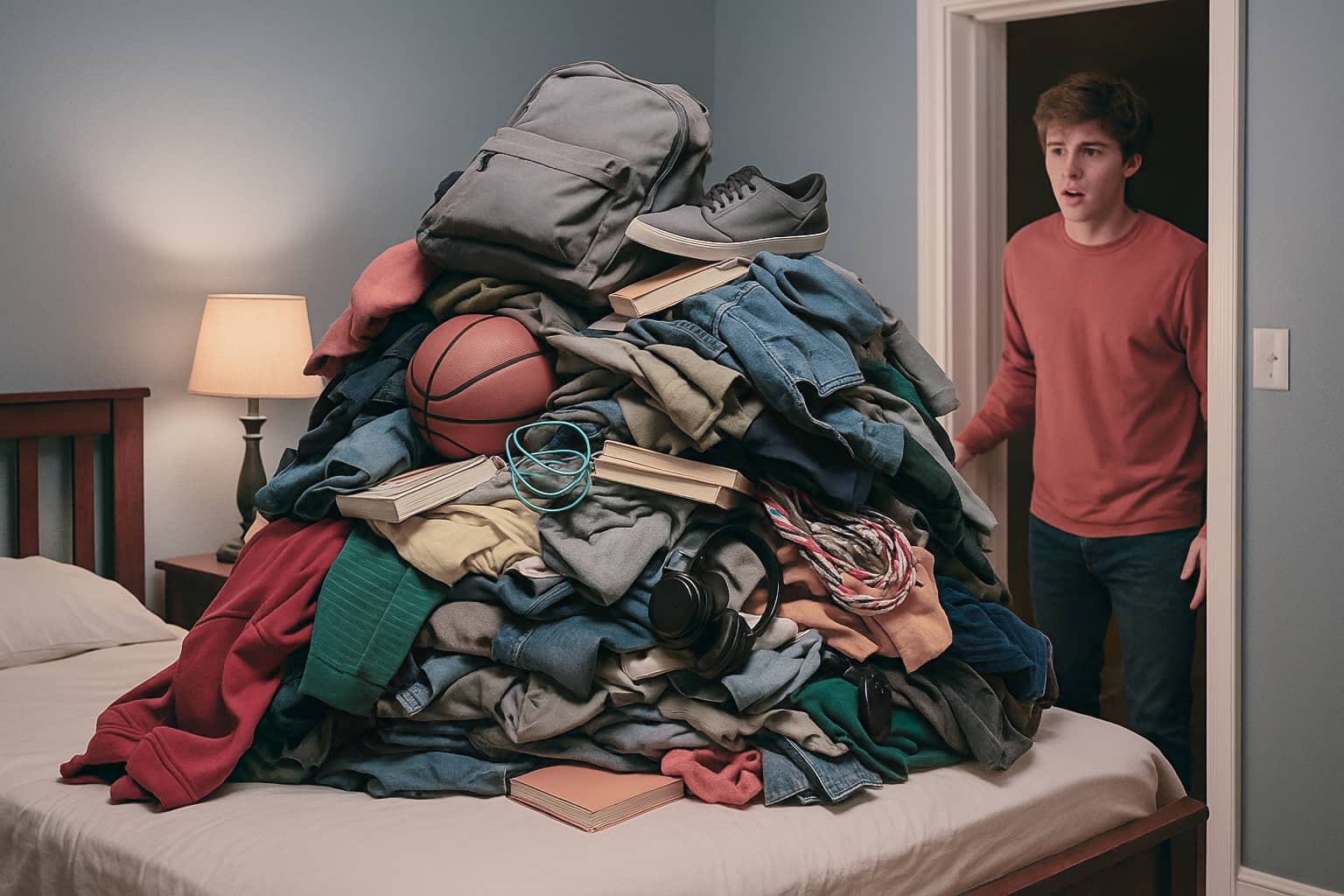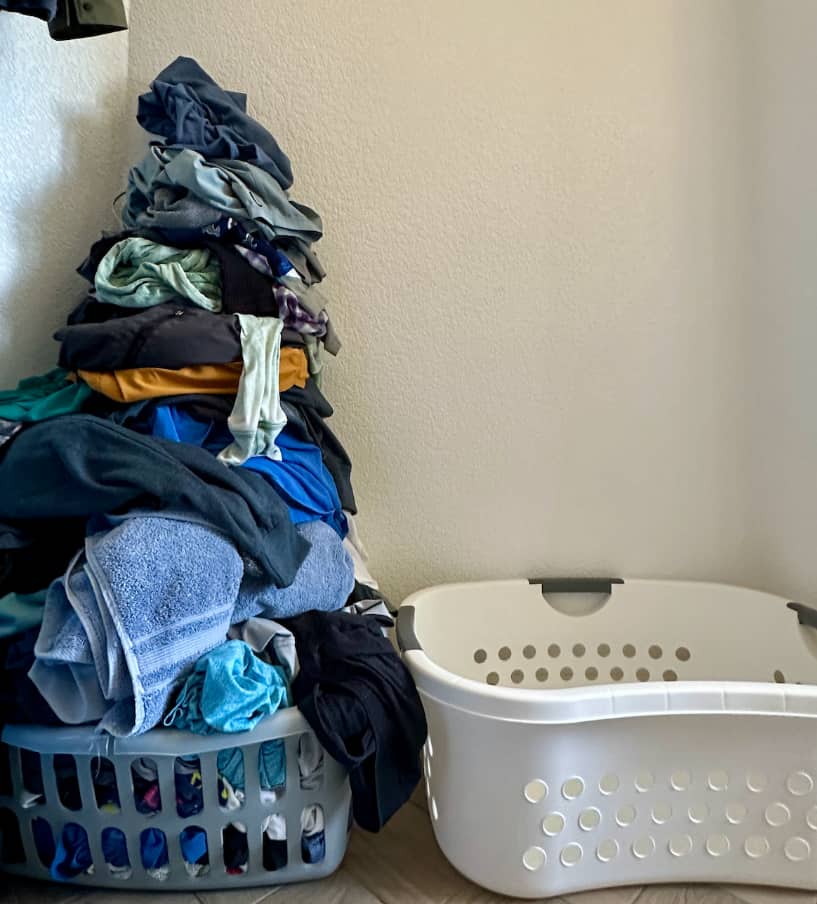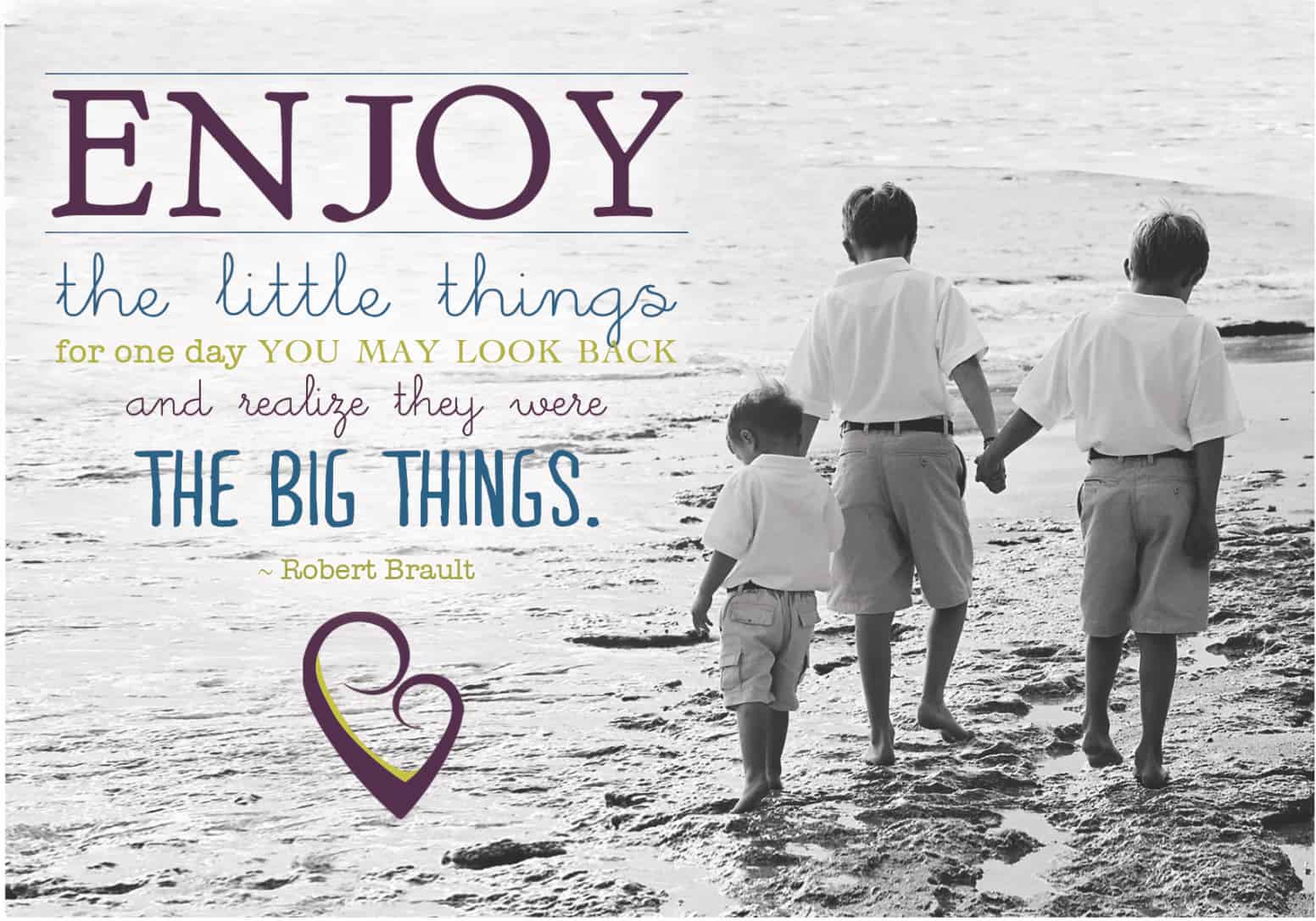“If you were living your best version of yourself, what would that look like?
And what kind of support would be helpful?”
Every time I ask a parent what they want for their kid, they are very clear about the attributes and values they hope to instill. The list usually starts along the lines of responsibility, motivation, kindness, happiness.
Yah, me too.
But something I’ve learned along the way of raising six kids is this: while it definitely matters what habits and values we parents model, our kids become adults and ultimately what matters is the future they build for themselves. After all, our kids are their own people with their own hopes and dreams for their futures. Perhaps the greatest gift we can give them are the skills they will need to envision, aspire, and overcome the inevitable obstacles life will throw at them. My hopes and goals for my own adulthood were different from what my parents had created for themselves, or their hopes for me. Naturally, our kids are going to have their own visions for their lives, separate from what our hopes might be.
So what?
So if we want our kids to feel seen and supported and accepted as they are, it might be time to stop pushing OUR agenda for them and start getting curious about THEIR agenda for themselves. Ask them to share their vision of the ‘best version of themselves’, and then ask them what support they need to realize these aspirations.
Now what?
I’m going to share some recent conversations I’ve had with teenage boy clients who are seeing me as part of family therapy. Every time I’ve asked them about what they want for themselves, I have a renewed sense of respect for the wisdom of these young people in the middle of morphing into adults.
I asked a 12 year old, “If you were going to be your best self, what would you dial up, and what would you dial down?”
He said he would dial up:
- Ski and mountain bike more
- Explore different places to ski
- Travel more
- More 1:1 time with his parents
- Bake more
What would he dial down?
Screen time
His parents harp on him about screen time, and the truth of the matter is that he would much rather be outside doing stuff with his parents. The parents think he has a screen problem while under the surface, this kid longs for the opportunity to get off screens and be outdoors, doing something active with his parents.
The point is, this 7th grader doesn’t want to be staring at his screens, even though he might act like it. He wants to be living a better version of himself but needs some support and invitation dialing up his better self.
I asked a 15 year old to paint a vision of himself at 25:
He said he would be more respectful overall and listen to others with more care.
No drugs or alcohol.
Use his phone to keep in touch with people but not be so obsessed with it.
Be focused on his career.
Play a little Xbox but not have it be a priority.
Listen to music.
Hang out with friends.
Be fit and play in a baseball league.
Who wouldn’t want that for their kid? If you feel like you’re in a battle of wills with your tween or teen, I invite you to check whether you are: 1) pushing them to do what you want or 2) helping them create their vision for their best selves. Option #1 can create resistance from your kid, while #2 creates alignment.
Bottom line: If I could wave a magic wand, we would all stop imposing our wishes on the lives of others and instead, be curious about what our loved ones see as the best version of themselves. And then we would ask them how we can support that.
Teenagers have dreams for their lives. If we get curious and then focus on supporting their dreams for themselves, we will up the odds that they will feel loved and supported by us.
What if this week, you ask your kids, parents, partner, friends, and yourself:
“If you were living your best version of yourself, what would that look like?
And what kind of support would be helpful?”
Wishing you closeness and connection with those you love.












